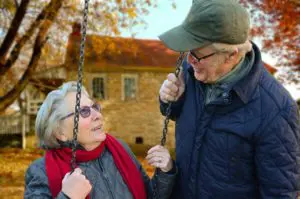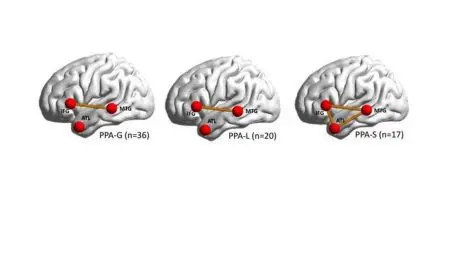June 8th, 2021 Stan Goldberg

It is natural to hold onto memories of what gave us joy, whether that involves experiences or images of friends and loved ones. However, when something, such as a chronic illness, makes the images fade, we either adjust to the new reality or pretend the changes haven’t occurred. Originally Published on https://stangoldbergwriter.com/

April is Occupational Therapy month! To kick off April we would like to highlight the contributions that occupational therapists make to the home modification and aging in place process. This week we have a guest blog authored by Dr. Scott A. Trudeau, PhD, OTR/L and Hannah Brock. Dr. Trudeau is the Productive Aging Practice Manager […]

2020 taught us many lessons about our healthcare system and rampant racial inequality in America. One of the biggest lessons learned: we need to take better care of older people who have suffered dreadfully from the pandemic. To date, approximately 40% of the people who’ve died from Covid-19 either lived in or worked at nursing […]

I was holding my husband last night when he took his last breath. He left this earth at 10:55 pm (June 19, 2020 with acute pulmonary edema) after a week of declining health. No, it was not the Covid-19. It was after 21 years of fighting heart disease and resulting vascular dementia – to stay […]

Featured article: NEUROSCIENCE NEWS on September 2, 2019 Summary: Researchers have identified the location of dysfunctional brain networks that lead to impaired sentence production and word-finding in primary progressive aphasia (PPA). PPA can occur in those with neurodegenerative diseases, such as frontotemporal dementia and Alzheimer’s disease. Mapping the networks allows clinicians to apply non-invasive brain […]

Original article by Dee Rapposelli July 5, 2017 RESEARCH UPDATE Distinguishing dementia with Lewy bodies (DLB) from Alzheimer disease (AD) has been a challenge. DLB is often misdiagnosed as AD only to be correctly revealed at autopsy. Missed or misdiagnosed DLB has persisted despite consensus diagnostic criteria published at the end of 2005.1 A recently updated consensus report of the […]

The seven stages of Alzheimer’s are helpful in finding the words to discuss Alzheimer’s. Caregivers find them particularly useful in support groups, as well as in conversations with doctors and other professionals. Although the progression of Alzheimer’s disease can be slowed down today thanks to today’s medications, it cannot as of yet be stopped. The […]

APATHY strikes 90% of people with dementia, sooner or later. Faster decline and care problems result. Apathy is the most common neuropsychiatric symptom of dementia, with a bigger impact than memory loss. Proper stimulation makes all the difference. Learn why. No alt text provided for this image A new study from the University of Exeter […]

Originally published on March 26, 2015 by Larissa Romensky The monochord sound bed and its powers Sound therapist Denise Davis of Harcourt strums her monochord sound bed (ABC Central Victoria:Larissa Romensky) As Denise strums the strings beneath the large wooden ‘bed’ the vibrations can be felt beneath the surface. This wooden instrument with 55 strings […]

Dementia and Gut Bacteria: New Research Shows Link A new study presented at the International Stroke Conference and published online in the Scientific Reports journal has found a correlation between dementia and gut bacteria – finding that the depletion of certain gut bacteria results in an increased risk of the disease. Learn more about the […]
































